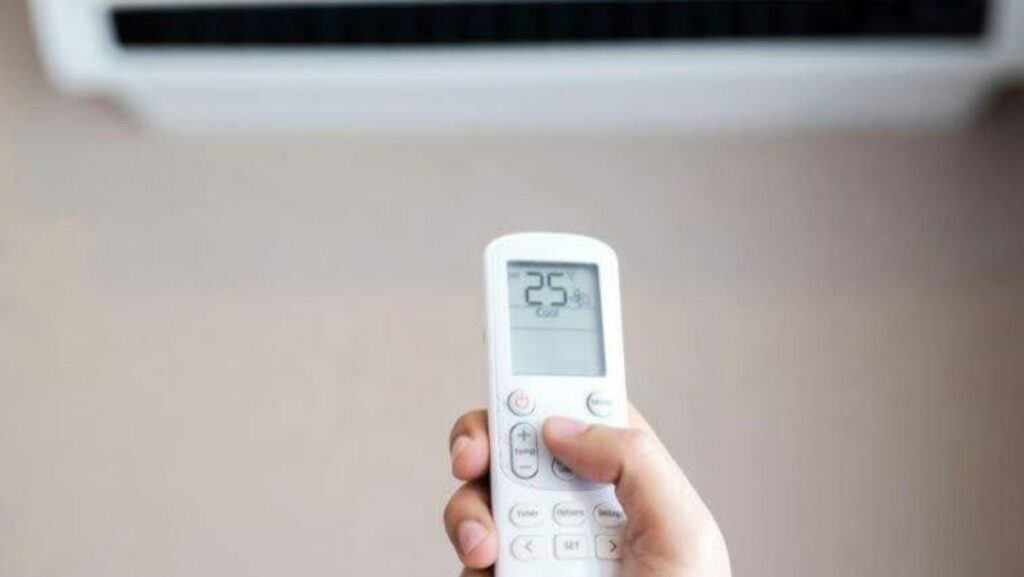As a property manager in Washington, DC, it’s common knowledge that creating a comfortable living environment for tenants is about more than just common decency; in some cases, it’s the law. But when it comes to air conditioning, what does the law actually say? Many property owners will be surprised to know that Washington, DC has specific rules that govern how to maintain safe and habitable temperatures in properties, particularly when summer sizzles are in full swing. Ignoring these rules can potentially lead to tenant complaints, fines, and/or more serious consequences.
Whether you are managing a single unit or something larger, it is worth learning about AC requirements now to avoid potential headaches later. Continue reading below and we’ll break down everything you need to know about Washington, DC air conditioning laws.
Difference between Essential and Non-Essential Services
When managing a rental property, it is important to understand the distinct difference between essential and non-essential services, especially when responding to maintenance requests from tenants. To begin, essential services are those that are required to maintain a safe and livable space, such as running water, electricity, heating in the winter, and sometimes air conditioning, depending on the local laws. Bay Property Management Group Washington DC encourages landlords to ensure AC terms are clearly indicated in the lease agreement. To avoid legal issues or fines, landlords are usually expected to promptly fix these services if they stop functioning.
On the other hand, non-essential services are conveniences that make life easier but aren’t critical for health or safety. These include things like dishwashers, garbage disposals, or ceiling fans. While it’s good practice to repair these in a reasonable timeframe, they don’t usually carry the same urgency as essential services.
Knowing which services fit into each category can help you when it comes to prioritizing repairs, maintaining tenant satisfaction, and remaining compliant with local housing laws without depleting their cash or time on less important issues.
Does DC Law Require Landlords to Provide Air Conditioning?
-
Required Temperature Standards
As a landlord in Washington, DC, if your lease promises air conditioning, you’re legally required to provide it according to specific temperature standards. From May to September, homeowners must ensure the AC is operational. Also, the interior temperature in AC‑served rooms must be maintained at 78°F, or at least 15°F below the outside temperature, whichever is higher.
If your lease includes air conditioning, you must not only provide it but also actively maintain and monitor it to stay within DC Air Conditioning Laws. In addition to providing air conditioning, landlords are required to schedule an annual professional inspection of the system between September and May and submit the results of the inspection to the Department of Buildings within seven days. Failure to comply with these requirements may result in official violations and possible fines.
-
Tenants’ Rights to Repair a Broken AC Unit
Landlords are not legally obligated to provide air conditioning in every apartment in Washington, DC. However, DC law mandates that landlords keep any existing air conditioning units safe and operational during the cooling season, which lasts from somewhere around May to September. This implies that if the air conditioner in a rental apartment goes down, you are to fix it as soon as possible.
In addition to the right to request repairs, your tenants may also be entitled to register a complaint with the DC Department of Buildings or employ the “repair and deduct” option if you, as the landlord, do not take action. Knowing their rights will help keep their apartment safe and livable while also holding you accountable for repairs that you are legally obligated to provide.
When Does Air Conditioning Become a Legal Obligation?
In Washington, DC, air conditioning isn’t always required by law, but in some cases, it does become a landlord’s obligation. If an air conditioner was included in the rental unit’s advertisement or was given to the tenant when they moved in, the landlord is responsible for keeping it safe and operational especially during the cooling season, which typically lasts from May to September. The DC Housing Code mandates that landlords maintain all provided appliances in proper working condition.

While you don’t have to install AC where there wasn’t one to begin with, once you do, you can’t simply let it break down or ignore repair requests. For your renter, this means they have the right to live in a unit that matches the conditions promised in their lease. If an AC fails in the middle of a sticky DC summer, the landlord must fix it within a reasonable timeframe. If you don’t, your tenants can take further steps such as filing a complaint with the DC Department of Buildings or exploring legal remedies like “repair and deduct.”
Conclusion
Navigating Washington, DC’s air conditioning legislation may seem like just another chore on your never-ending landlord to-do list, but it’s important to keep up with it. Not only does it keep your property in good condition and your tenants satisfied, but it also helps you prevent complaints and fines. Although you are not obligated to install air conditioning everywhere, you are in charge of maintaining it in a safe and functional manner during the cooling season once you do offer it. However, prioritizing repairs and making wise financial decisions can be easier for you when you understand the distinction between necessary and non-essential services. At the end of the day, maintaining compliance protects your investment and builds trust with your renters.

